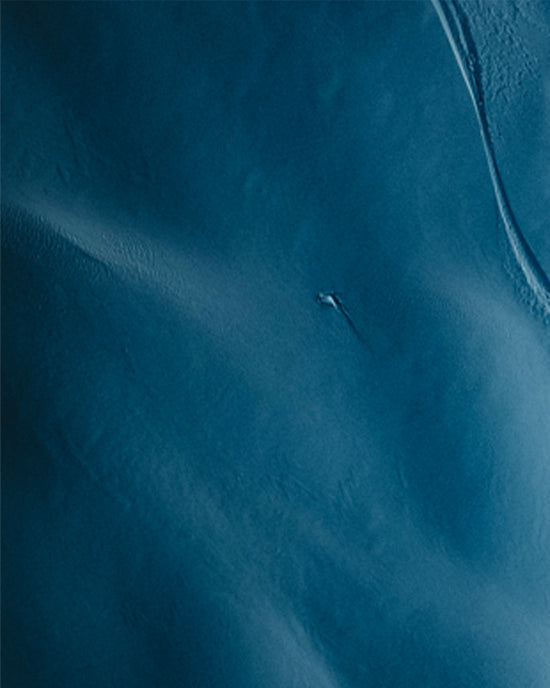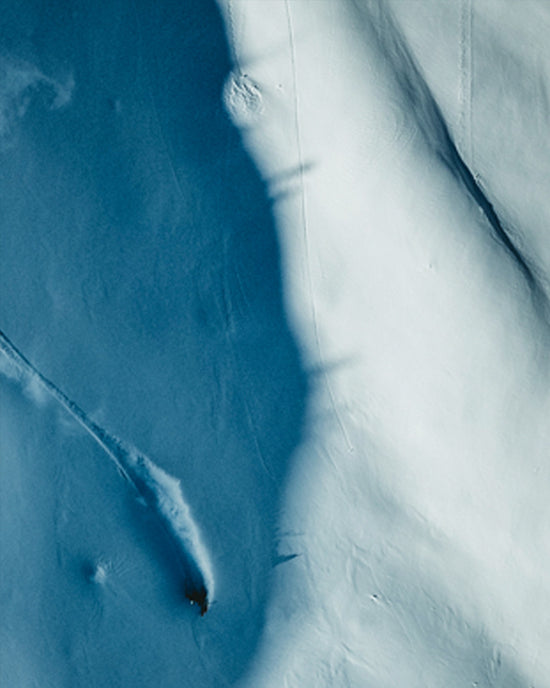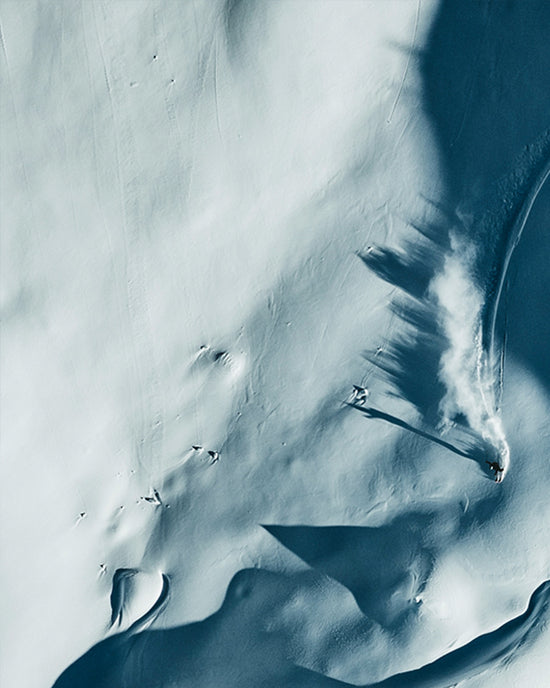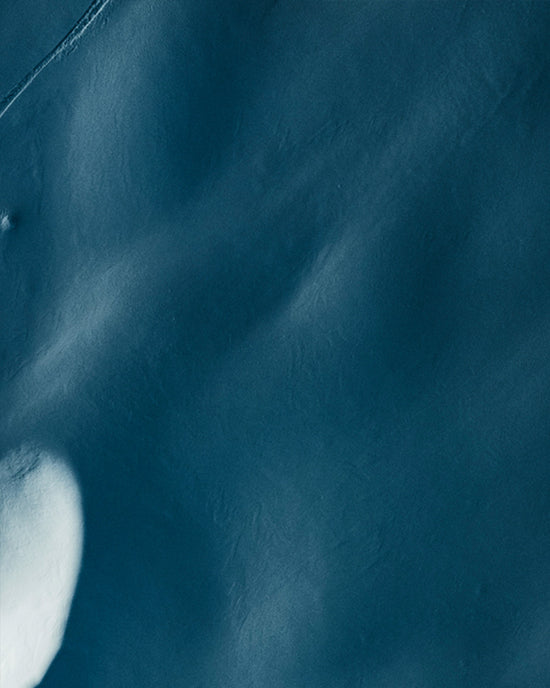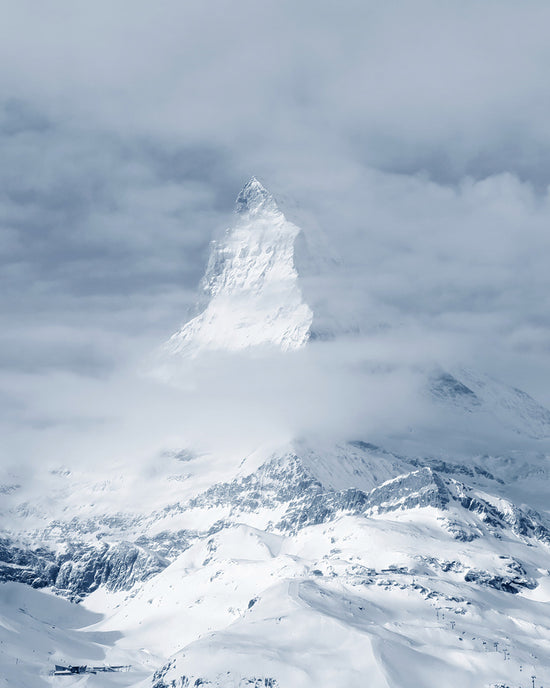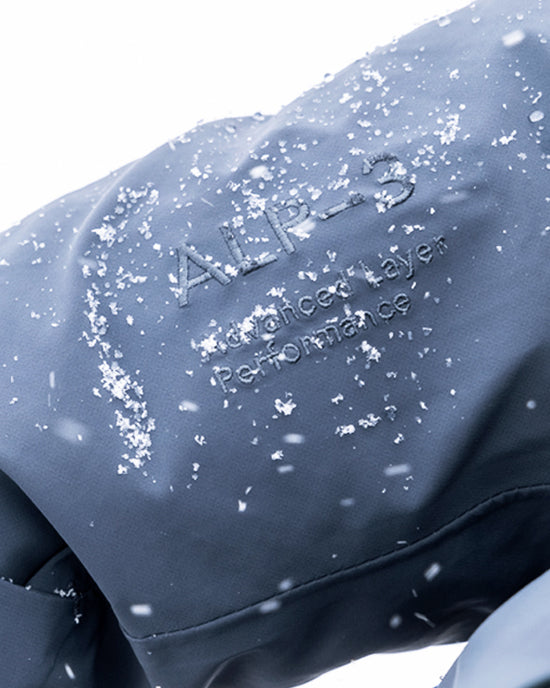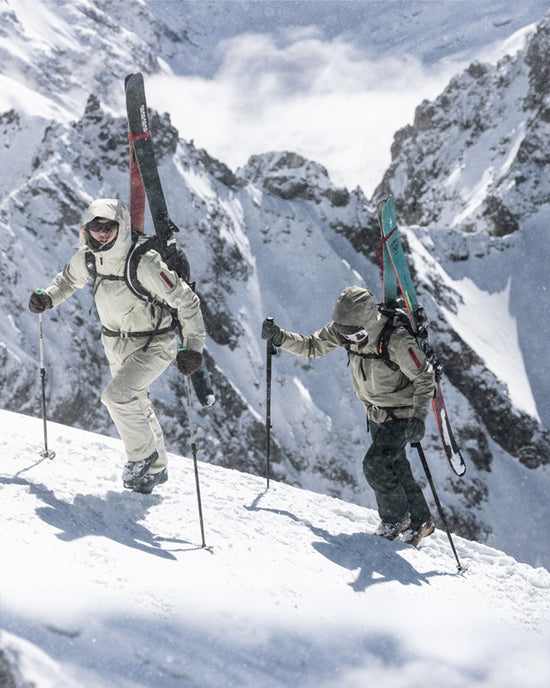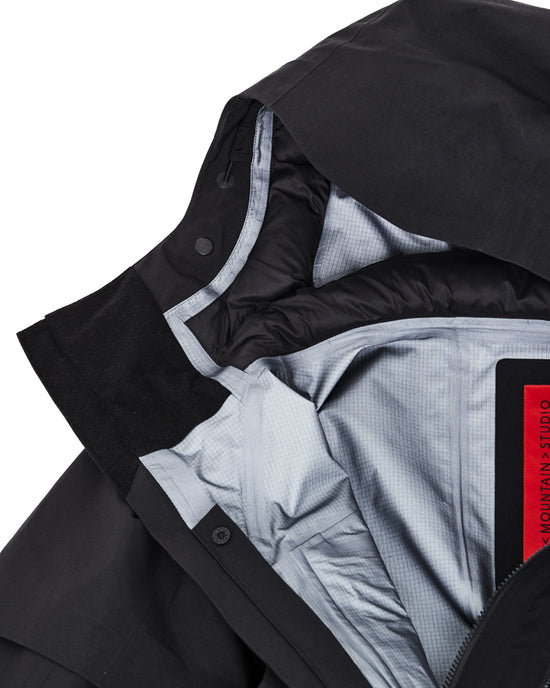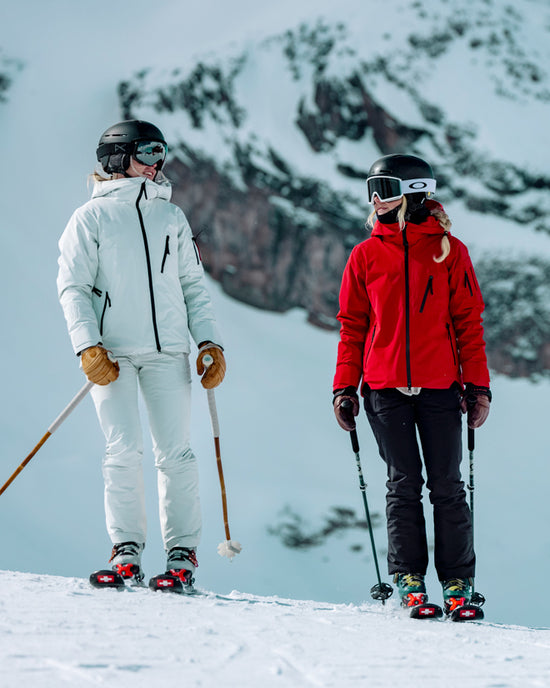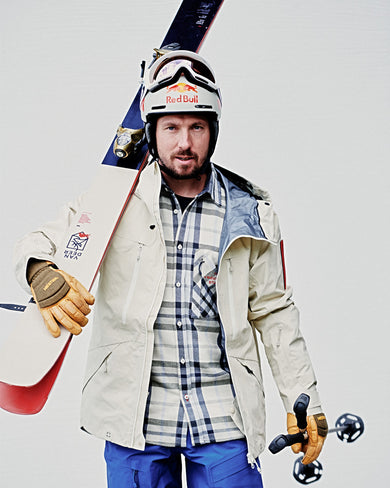Passion for Perfection.
Marcel Hirscher’s athletic prowess and technical finesse on the snow have secured his position as one of alpine skiing’s all-time greats. With a career that boasts 67 World Cup and eight consecutive World Cup overall titles from 2012 to 2019, Hirscher's dominance in both the slalom and giant slalom disciplines was unparalleled during his competitive years, with wins in two other disciplines on top of that.

With plenty of years of top performance left in the tank, Hirscher seemed to be perfectly posed to conquer the legendary Ingemar Stenmark’s record of 86 World Cup victories in men’s competitions. But at the age of 30 he decided to quit his active career and pursue other activities in life, a decision that sent shock waves through the sporting world. Physically, he was still in perfect shape, but mentally, he was done.
“Back then, I had fifteen winters behind me, eight of which had been extremely demanding. In 2019, I simply didn’t have enough time to recharge my batteries over the summer. Retiring felt 100 percent right to me at the time,” says Hirscher.
Being a highly driven individual, used to constantly pushing himself forward and onward, Hirscher didn’t exactly lay on his couch after quitting racing. He shifted to entrepreneurship and co-founded The Mountain Studio. He also founded the ski brand Van Deer, something that led to the development of the exclusive The Mountain Studio All Mountain ski.
Marcel became famous during his career for his relentless pursuit of perfection – with his personal training and preparation, but also with his equipment. Something that he’s brought with him to his new career, actively taking part in the development and testing of all our garments.
However, one week after his 35th birthday in March 2024, the idea of getting back into ski racing again suddenly popped up in his mind. This time, racing for his mother’s country of birth, the Netherlands instead of his native Austria. The change of nationality was both a nod to his mother’s ancestry, but also a way to avoid taking a spot on the Austrian team from a young, talented athlete.
He was also quick to point out that the reasons for his comeback came more out of passion than chasing podiums.
“My life, working with my companies, spending time with my family, and pursuing my hobbies – all of that will continue as usual. These days, ski racing is going to have to fit into my life, and not the other way round, like before.”
Hirscher didn’t waste any time getting prepared for his comeback, spending time in the southern hemisphere and grinding it out in smaller FIS races on New Zealand. When he finally stood on the start line in Sölden in October 2024—visibly nervous—the story seemed complete: the king was back. But, as bad luck would have it, Marcel suffered a knee injury during a training run in Reiteralm, Austria. The injury required surgery, effectively bringing his comeback season to a premature end.
Whatever the future holds for Marcel Hirscher, and wherever it leads him, you can be sure he will pour his heart and soul into everything he sets his sights on.
“I think that finding our own personal passions might be the strongest inner drive in life. It could be people, family, children, or relationships, but there are also things and tasks that can help us grow as people. For me, that passion was, is, and always will be skiing. Racing slopes or hitting up the backcountry – it doesn’t matter too much what I do, the main thing is that I’m skiing.”
Marcel in the A-1GORE-TEX Down Parka, Seneca Rock & P-7 Ride Insulated Pant, Seneca Rock.